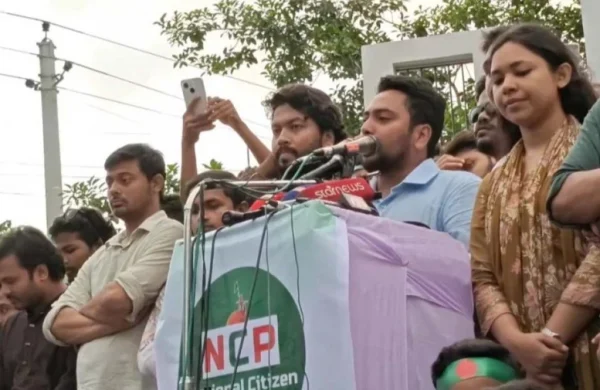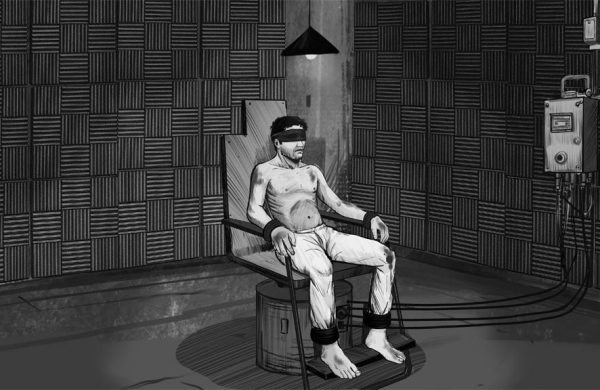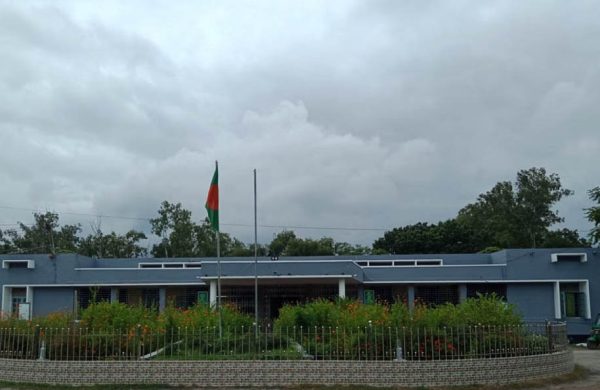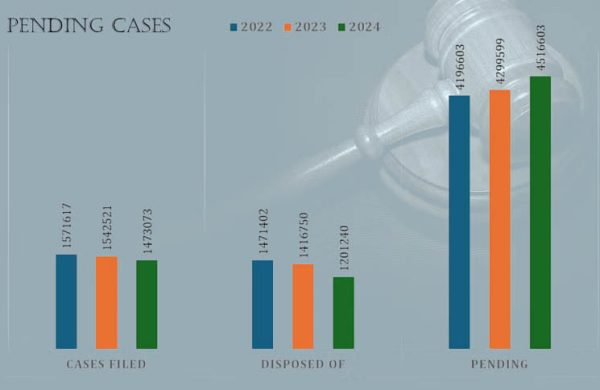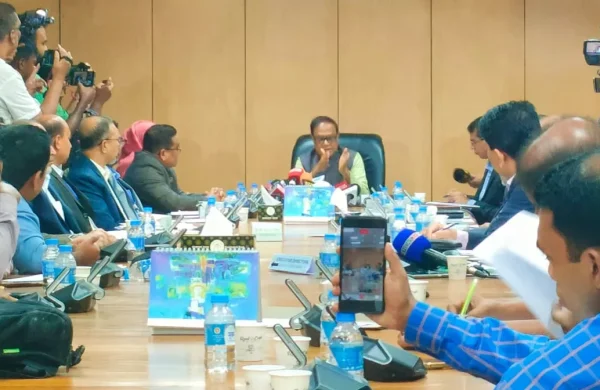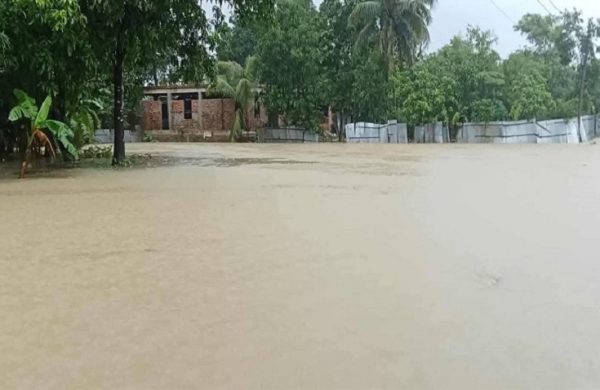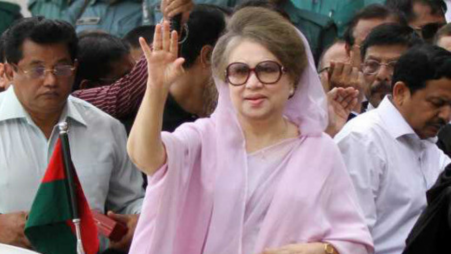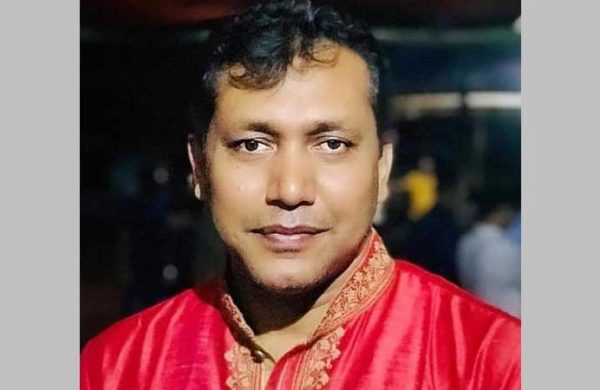The urgent need to investigate the BDR massacre
- Update Time : Thursday, September 12, 2024
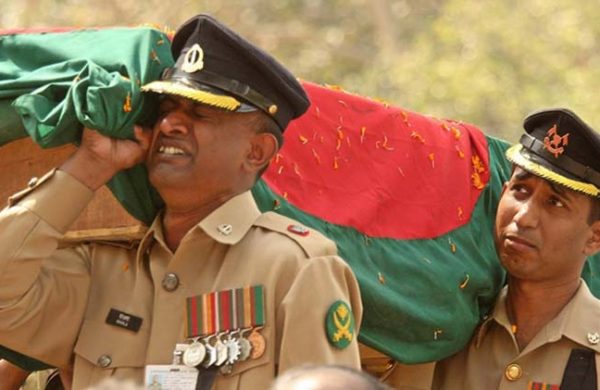
TDS Desk:
As Bangladesh emerges from more than 15 years of authoritarian rule, the nation stands at a crossroads. Sovereignty is the cornerstone of any independent nation, defining its ability to govern itself, protect its citizens, and uphold the rule of law. History has shown time and again that when a nation’s sovereignty is compromised, its very existence is at risk.
From loss of statehood to the erosion of democratic norms, the consequences of a weakened sovereignty are profound and far-reaching. For Bangladesh, reestablishing national sovereignty is not just a matter of pride — it is essential for the survival and future prosperity of the nation.
The recent student-led revolution has opened the door to our sovereignty being reclaimed, but this journey must begin by addressing the very first crime that set the stage for the systematic dismantling of our state institutions: the BDR massacre of 2009.
The massacre was not just a tragic event; it was the linchpin that enabled a regime to undermine the foundations of our nation. By understanding and confronting this event, the interim government can take the first crucial steps toward restoring the sovereignty that is so vital to the health and strength of Bangladesh as a nation state.
A DARK CHAPTER IN OUR HISTORY
From February 25-26, 2009, Bangladesh witnessed an atrocity that remains unparalleled in its history. Within a span of 48 hours, a total of 74 people, which included 57 military officers, were brutally murdered during the BDR massacre. To put this into perspective, during the entire nine months of the 1971 War for Independence, Bangladesh lost 51 military officers. The loss of 57 officers in just two days is unprecedented and speaks volumes about the calculated nature of the attack on the very institution that is the backbone of our national security.
This massacre was not an isolated incident of unrest within the ranks. It was a deliberate move to demoralize and weaken the Armed Forces of Bangladesh. By striking at the heart of our military leadership, the Awami League regime ensured that the Armed Forces would be too crippled to resist the systematic erosion of the country’s state institutions. The BDR massacre was the first chapter in a series of crimes that led to the degradation of our sovereignty.
THE SYSTEMATIC DESTRUCTION OF STATE INSTITUTIONS
The BDR massacre set in motion a chain of events that saw the methodical dismantling of Bangladesh’s democratic institutions. The Awami League regime’s strategy was clear: Weaken the Armed Forces, and the rest will follow. The regime’s confidence grew as they faced little resistance in their assault on the country’s institutions. The following are just some of the crimes committed by the regime:
- Removal of Caretaker Government Provision (2011)
- Dismissal and torture of Army Officers Protesting the BDR massacre (2012)
- Violence at Shapla Chattar (2013)
- One-party elections (2014)
- Enforced disappearances (2014)
- Establishment of Aynaghor (2016)
- Introduction of the Digital Security Act (2018)
- Attack on Anti-Quota Student Movement (2018)
- Attack on students during the Safe Roads Movement (2018)
- Allegations of vote rigging (2018)
- Killing of Abrar Fahad at BUET (2019)
- Repression of students in the renewed Anti-Quota Movement (2024)
There are more that we are yet to uncover. Importantly, none of these crimes would have been possible without first demolishing the Armed Forces’ morale and capacity to resist. The BDR massacre was the regime’s opening move, and from there, they systematically dismantled every institution that could stand in their way, including the intelligence services, media, judiciary, and police.
INVESTIGATING THE MASSACRE
The interim government now has a unique and historic opportunity to correct the course of our nation. To truly restore Bangladesh’s sovereignty, we must address the root of the problem, starting with the BDR massacre. This is not just a matter of justice for the victims but a crucial step toward rebuilding our state institutions and ensuring that no regime can ever again compromise our national security.
Bangladesh’s Penal Code is explicit when it comes to crimes of treason. Under Section 121A, any act that “conspires to overawe, by means of criminal force or the show of criminal force, the Government of Bangladesh” is considered treason and is punishable by death or life imprisonment. The BDR massacre, with its calculated attack on the nation’s military leadership, fits squarely within this definition. The planners and masterminds behind this atrocity must be brought to justice, tried for treason, and held accountable for their role in this heinous crime.
The path to a truly independent Bangladesh begins with justice. The BDR massacre must be investigated as a matter of national urgency. By prioritising this investigation, the interim government not only honours the memory of those who were lost but also takes a decisive step in identifying and purging the rot within our state institutions, both inside and outside the Armed Forces.
This investigation offers the government an unparalleled opportunity to uncover the full extent of the infiltration and decay that has plagued our institutions over the past 16 years. By bringing the planners and masterminds of the massacre to justice, the interim government can expose the networks and individuals responsible for weakening the very foundations of our nation.
THE TIME TO ACT IS NOW
The interim government must seize this opportunity to restore the rule of law, rebuild trust in our state institutions, and ensure that the dark chapter of the past regime is closed once and for all. By doing so, they not only safeguard the future of Bangladesh but also secure their legacy as the government that restored sovereignty, justice, and integrity to the nation.
Only then can we begin to write a new chapter in the history of Bangladesh — one that is rooted in justice, sovereignty, and the unwavering commitment to protect the integrity of our nation. The investigation into the BDR massacre is not just a matter of historical justice; it is the key to understanding and reversing the rot that has compromised our state institutions. It is the first step toward a stronger, sovereign Bangladesh.


